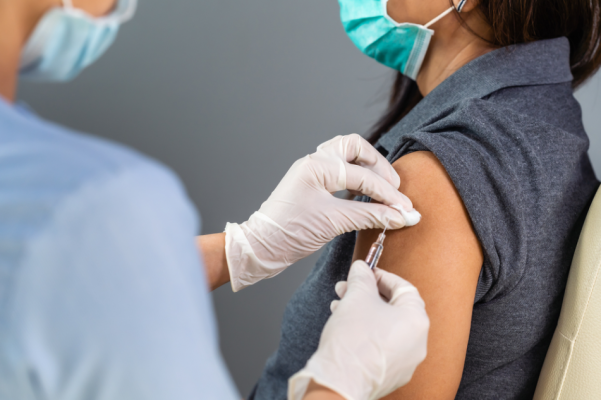general health
Breaking Down the Myths and Facts About Vaccines
Vaccines are one of history’s most important medical innovations, saving millions of lives from deadly diseases. Yet, despite their proven effectiveness, vaccines have been the subject of controversy and misinformation in recent years. In this blog, we will break down some of the most common myths and facts about vaccines and provide accurate information to help you make informed decisions about vaccination.
Myth: Vaccines cause autism
One of the most persistent myths about vaccines is that they cause autism. This myth stems from a 1998 study that suggested a link between the measles, mumps, and rubella (MMR) vaccine and autism. However, the study has since been thoroughly discredited and retracted. Numerous studies have been conducted since then, and none have found a causal link between vaccines and autism.
The Centers for Disease Control and Prevention (CDC) has stated that no evidence supports a link between vaccines and autism. However, the CDC notes that delaying or refusing vaccines can put children at risk for severe and sometimes deadly diseases.
Fact: Vaccines prevent deadly diseases
Vaccines are highly effective at preventing severe diseases. For example, conditions like polio, measles, and pertussis (whooping cough) were once common in the United States, but they are now rare thanks to vaccines.
In fact, vaccines have prevented an estimated 2.5 million deaths in the United States alone over the past decade.
When a large percentage of a population is vaccinated against a disease, it creates herd immunity, which helps protect those who cannot receive vaccines, such as infants or people with certain medical conditions. Herd immunity is essential for preventing outbreaks of diseases like measles, which can be highly contagious and deadly.
The role of genetics in determining health risks and how to manage them
Myth: Vaccines are not necessary because diseases have already been eradicated
While some diseases have been eradicated, others still exist and can cause severe illness or death. For example, measles declared eliminated from the United States in 2000, has reemerged in recent years due to pockets of unvaccinated individuals. Therefore, vaccines are still necessary to protect against these diseases and prevent them from spreading.
In addition, new diseases can emerge at any time, as we saw with COVID-19. Therefore, vaccines are essential for preventing and controlling the spread of new conditions as they occur.
Fact: Vaccines are thoroughly tested for safety
Before a vaccine is approved, it must undergo rigorous testing to ensure it is safe and effective. In addition, clinical trials are conducted to evaluate the vaccine’s safety, effectiveness, and potential side effects. These trials involve thousands of participants and are monitored by regulatory agencies to ensure they are conducted ethically and meet scientific standards.
After a vaccine is approved, it continues to be monitored for safety and effectiveness through post-marketing surveillance. This system allows researchers to track adverse reactions to the vaccine and determine whether it can prevent the disease.
Myth: Vaccines are not safe and can cause serious side effects
While all medications have potential side effects, vaccines are generally very safe. Serious side effects are rare, and the benefits of vaccination far outweigh the risks. Vaccines’ most common side effects are mild and include things like soreness at the injection site or a low-grade fever.
In rare cases, vaccines can cause serious side effects, such as an allergic reaction. However, the risk of severe side effects from vaccines is much lower than the risk of serious complications from the diseases they prevent.
Fact: Vaccines provide long-lasting protection
Vaccines are designed to stimulate the immune system in a safe and controlled way, providing more robust and longer-lasting protection against many diseases. Some vaccines, like the measles vaccine, provide lifelong immunity, while others, like the flu vaccine.


